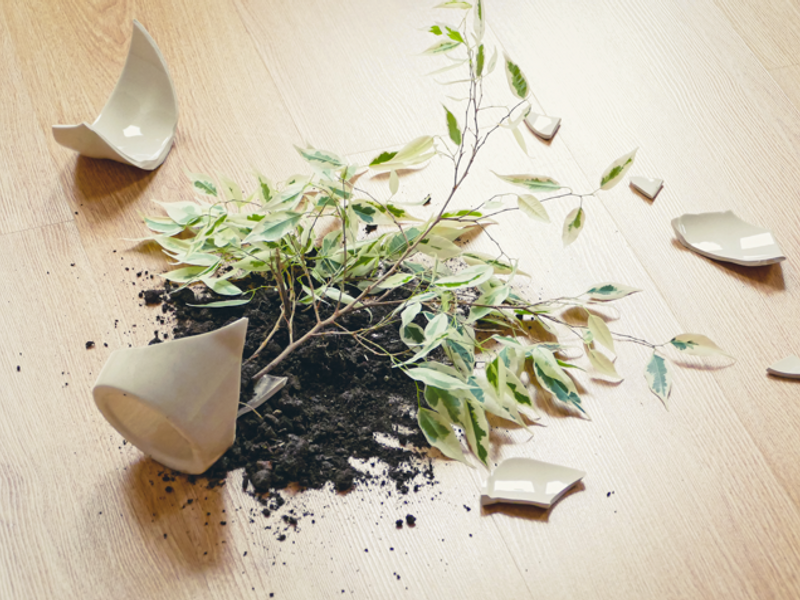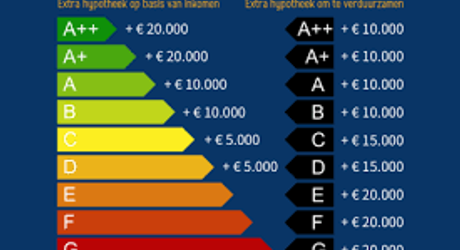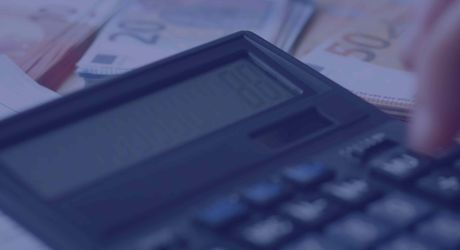Liability insurance is not mandatory but is advisable in case of accidents or unexpected events. Sometimes there is some confusion about when you can use liability insurance. In this blog, I will explain how it works!
What is covered?
It's good to know that liability insurance only covers damage to the belongings of the other party. For example, if you accidentally drop a television while helping with a move or if your child crashes into the neighbor's car while riding a bike. With this insurance, you are well protected worldwide.
When does liability insurance pay out?
If you have caused damage to another party and you are held liable for it, your liability insurance will compensate the other party for the damages if you are indeed found liable.
Damage caused to another If you accidentally cause damage to another party or their property, the person who suffered the damage can hold you liable, and you can use your liability insurance. The insurer will want to receive as much information as possible, including photos, purchase receipts, information about the other party, and a damage report.
Damage caused by another
If damage is caused to your belongings by another party, you can hold that person liable. In this case, it's wise to gather as much evidence as possible, even if you are unsure about holding someone liable. Collect information such as the names and addresses of eyewitnesses and photos of the situation.
Also, gather receipts and invoices for the expenses incurred to repair the damage, such as repair costs and medical expenses. This way, you can demonstrate the actual amount of damage you have suffered.
If you hold someone else liable for damage to your belongings, you should first ask the other party if they are willing to report the damage to their insurer. Afterward, you can always contact the other party's insurer to confirm whether the damage to your belongings has indeed been claimed. Make sure you have the contact information for the other party's insurer.
If the damage is not covered by the other party's insurer or if the other party has no insurance, then the owner has to pay for the damage themselves.
Claiming damage from your own insurer
When it comes to damage that is also covered by your own household insurance, it can sometimes be wiser to claim the damage from your own insurer. A household insurance typically covers the replacement value, while liability insurance usually only covers the current value. If you make a claim with your liability insurance, the compensation will generally be much lower than if you do it through your household insurance. Additionally, the claims process will be faster with your own insurer, and you won't depend on the other party's insurer.






